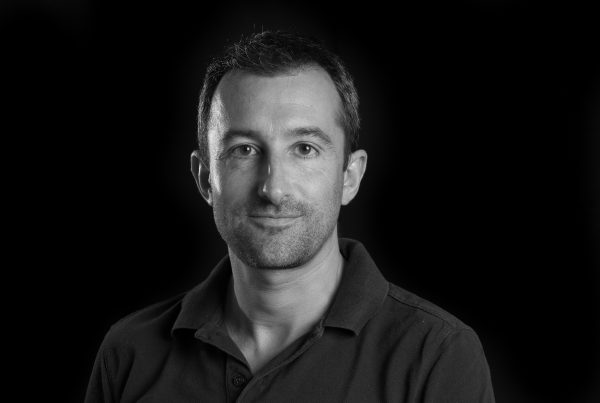Selected publications
– Sánchez-Hernández C, Rivals F, Blasco R & Rosell J 2016 ‘Tale of two timescales: Combining tooth wear methods with different temporal resolutions to detect seasonality of Palaeolithic hominin occupational patterns’, Journal of Archaeological Science: Reports, vol. 6, pp 790-797.
– Rivals F & Lister AM 2016, ‘Dietary flexibility and niche partitioning of large herbivores through the Pleistocene of Britain’, Quaternary Science Reviews, vol. 146, pp. 116-133.
– Camarós E, Cueto M, Lorenzo C, Villaverde V & Rivals F 2016, ‘Large carnivore attacks on hominins during the Pleistocene: a forensic approach with a Neanderthal example’, Archaeological and Anthropological Sciences, vol. 8, no. 3, pp 635-646.
– Talamo S, Blasco R, Rivals F, Picin A, Chacón MG, Iriarte E, López-García JM, Blain HA, Arilla M, Rufà A, Sánchez-Hernández C, Andrés M, Camarós E, Ballesteros A, Cebrià A, Rosell J & Hublin JJ 2016, ‘The radiocarbon approach to Neanderthals in a carnivore den site. A well-defined chronology for Teixoneres cave (Moià, Barcelona, Spain)’, Radiocarbon, vol. 58, pp 247- 265.
– Rivals F, Sanz M & Daura J 2016, ‘First reconstruction of the dietary traits of the Mediterranean deer (Haploidoceros mediterraneus) from the Cova del Rinoceront (NE Iberian Peninsula)’, Palaeogeography, Palaeoclimatology, Palaeoecology, vol. 449, pp 101-107.
– Rivals F, Camarós E & Sánchez-Hernández C 2016, ‘Stories written in teeth: New archeological insights from tooth-related studies’, Journal of Archaeological Science: Reports, vol. 6, pp 777-779.
